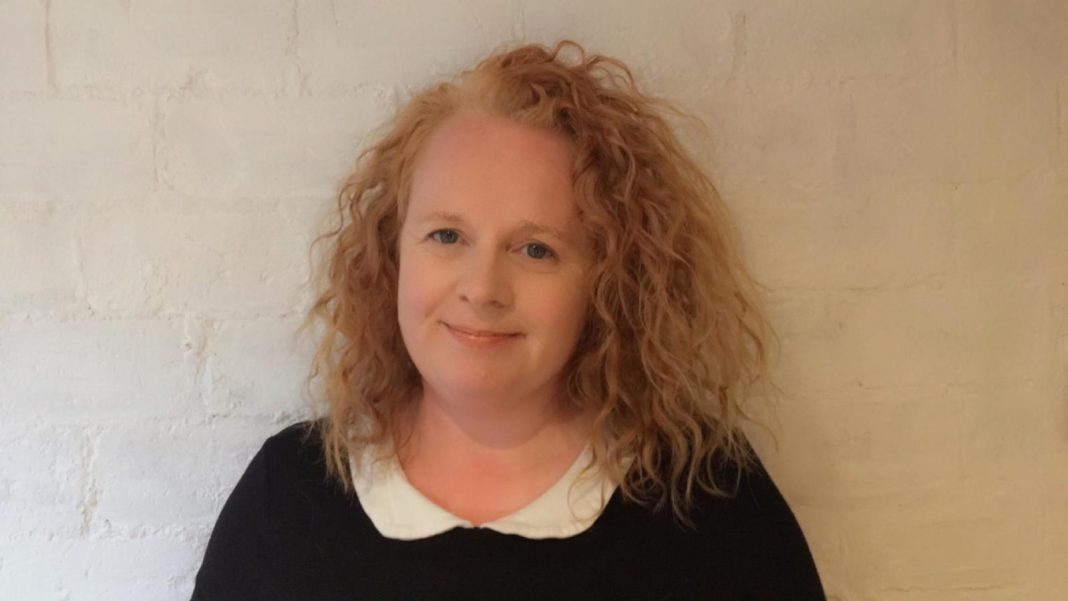While the majority of school pupils are still safe from today’s school system at home, the largest study into school exclusions in England has found that major improvements are needed in the current system.
Five in-depth research publications led by Sarah Martin-Denham, an academic with her research team at the University of Sunderland, make a series of recommendations to government, to prevent more pupils from losing out on their education.
The study was commissioned by Together for Children Sunderland, which provides children’s services on behalf of Sunderland City Council. It sought to provide clarity on the experiences of children at risk of exclusion or those permanently excluded from school, and learn the factors leading to the exclusion and the impact on their lives, mental health and learning.
To reach her findings Sarah Denham-Martin, a Senior Lecturer in Education at Sunderland, gathered the views of 174 participants, including 55 children aged five to 16. The children and young people had been permanently excluded, received fixed-period exclusions or were on the verge of school exclusions. Caregivers, health professionals, headteachers and special educational needs co-ordinators (SENCOs) also all gave their views through lengthy interviews.
Some of Sarah’s findings suggest that mainstream schooling is having a detrimental effect on some children, particularly those with existing social, emotional and mental health needs (SEMH) due to unidentified disabilities, learning and mental health needs.
In her recommendations, Sarah advocates more training for teachers, and an increase in funding for health and education. This needs to include early assessments of the barriers to learning in school and identification of underlying neurodevelopmental needs, and a structured approach to ‘managed moves’ between schools with a national recording system.
Sarah Martin-Denham said: “Together for Children Sunderland should be commended for commissioning this research, which has given them a firm evidence base on which to move inclusive provision and practice forward. The recommendations are at both a local and national level, with a focus on reform to protect the wellbeing of children, young people and members of their households who are unable to cope for a range of factors in mainstream education”.
Director for Education at Together for Children, Simon Marshall said: “We welcome Sarah’s findings. As with the last research we commissioned Sarah to carry out, we knew there was an issue with the impact of managed moves on children. Sarah’s recommendations are detailed, through work and in-depth conversations with students, parents, carers and teachers. I have no doubt that similar results will be found in schools across England. For our part we plan to work with our colleagues in schools to act on this study’s recommendations.”
Sarah added: “A managed move is an alternative to a permanent exclusion, a fresh start, but we know for many that they don’t work because their multifaceted learning and mental health needs are not always fully planned for and understood. The child has no sense of belonging, they feel rejected from their school and are anxious about being ‘on trial’ with a new school. They feel shame and under pressure, because one mistake, and they are out. These children feel acutely the stigma attached to being a ‘managed move’ child. They are often struggling with social, emotional and mental health needs including dyslexia, autism and ADHD and have only 12 weeks to prove themselves worthy of a school place.
“We found that most pupils ended up in alternative provision or returned to their original school. Most concerning was finding evidence of children placed in isolation booths compounding mental and physical health needs. Some turned to medication or illegal drugs to ‘manage’ in mainstream schooling.”
One of the overwhelming positives was Sunderland’s alternative educational provision reported by the children and their carers during interviews.
Sarah explained: “All the children I interviewed are now settled in Pupil Referral Units (PRU) or alternative provision, they are happy, thriving and integrating well, as a result of smaller classes and a curriculum that meets their needs. Alternative provision in Sunderland has emerged as a real strength. Parents call it their “lifeline” and believe it has transformed their children’s mental health and home lives.”
Professor Lynne McKenna, Dean of the Faculty of Education and Society, concluded: “The findings of Sarah’s research have the potential to make a very positive impact on the mental health and learning of many children. This has been a long, involved and, at times, challenging study. Sarah has talked to children, parents, carers and teachers for whom the current approach is not working and in some cases is actually damaging. I applaud Sarah’s diligence and also congratulate Together for Children Sunderland for commissioning the study and their readiness to confront issues and make changes to improve young people’s mental health and learning.”
What is a managed move?
A managed move is a voluntary agreement between schools, parents/carers and a pupil, for that pupil to change school or educational programme under controlled circumstances. However, the research found the current system does not work, not least because of the widespread use of isolation booths in schools.
Is this the first study commissioned by Together for Children Sunderland?
This is the second research study that Together for Children Sunderland has commissioned Sarah to carry out on its behalf. The first involved the academic exploring the numbers of children with special education needs (SEN) across Sunderland and assessing whether provision was adequately and ideally located to meet their needs.
Together for Children Sunderland has recommissioned Sarah and her team to carry out research into services to support children and families who have been exposed to domestic abuse.
What were the report’s findings?
- There are a multitude of enablers and barriers to mainstream education that are seemingly due to unidentified education and health needs
- Isolation booths do not improve behaviour but compound mental health and learning difficulties
- Good practice exists with children’s paediatrics though wait time across other health services are a barrier to support in schools
- All managed moves do not work without a formalised transition structure, based on person-centered approaches and thorough knowledge, understanding and empathy for the child’s learning and SEMH
- The development of relationships with teachers and friends is fundamental to creating a sense of belonging within the receiving school. Barriers to this occurring are zero-tolerance systems that have a lack of leniency or reasonable adjustment
- Assessment, identification of learning and SEMH needs are core to ensure that reasonable adjustments are applied in a timely manner to support successful and ongoing integration into the new school.
What were the study’s recommendations?
- Local training for senior leaders in education to clarify the legal position on the use of managed moves, making it explicit that they cannot be used where a child has additional needs or a disability that the school are unable to cater for:
- Training for school staff on the particular needs of children with disabilities, mental health and/or learning needs to ensure effective and timely evidence based support
- Early assessment and identification of any underlying learning and mental needs prior to planning a managed move, to ensure each and every need is planned for
- Support for caregivers and siblings who have children struggling with mainstream education
- Implementing a monitoring system alongside school exclusions data records to analyse the number of managed moves each child has attempted and the reasons for their failing/ the length of time each child attended the managed moves school
- A review of the terminology used such as ‘referral units’ and ‘alternative provision’ due to the stigma attached to these schools.
What happens next?
The Children’s Commission for England has welcomed the review, and the reports are also with the Department for Education Exclusions and Behavioural Insights Team.
This study builds on last year’s Timpson Review, which made 30 recommendations to ensure school exclusions are used appropriately and the Government commits to new school accountability. There are plans to seek funding to widen the research beyond Sunderland and the north east of England, to determine whether a similar picture exists across the country.
To access the research go to:
Executive Summaries
https://sure.sunderland.ac.uk/id/eprint/11915/
https://sure.sunderland.ac.uk/id/eprint/11914/
https://sure.sunderland.ac.uk/id/eprint/11914/
Full Reports
https://sure.sunderland.ac.uk/id/eprint/11942/
















